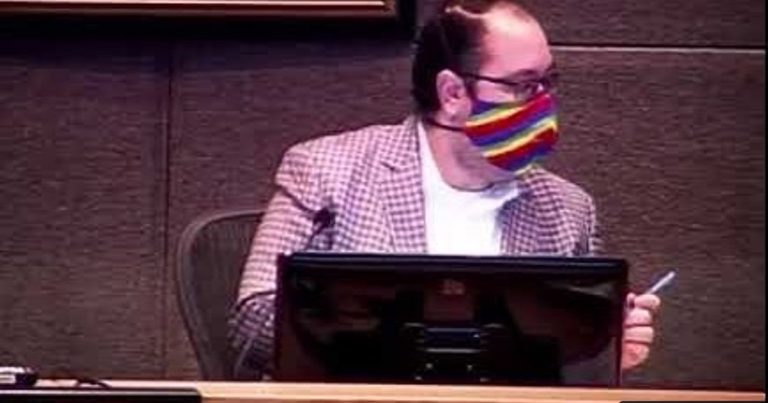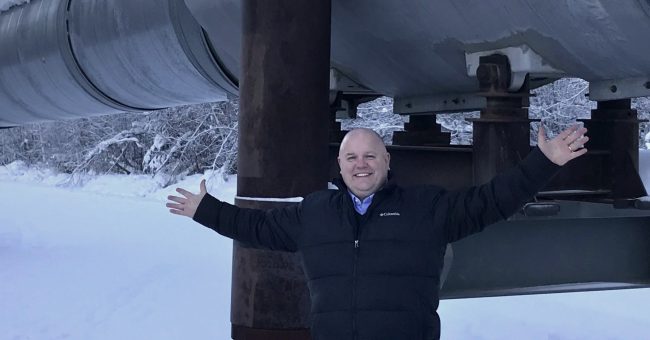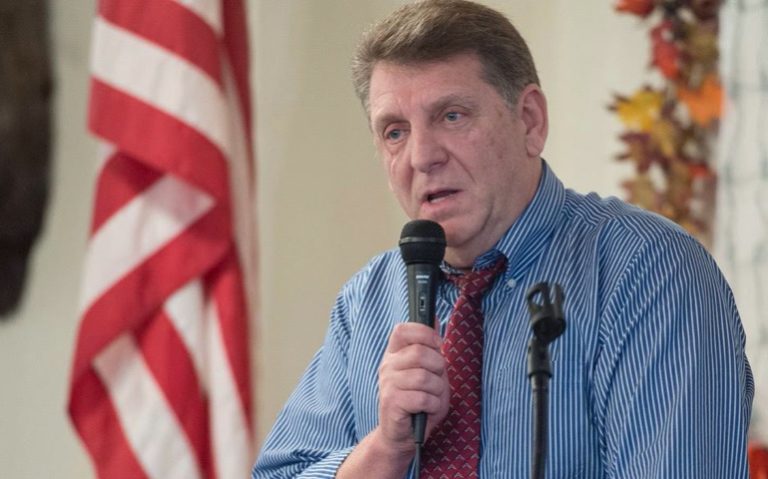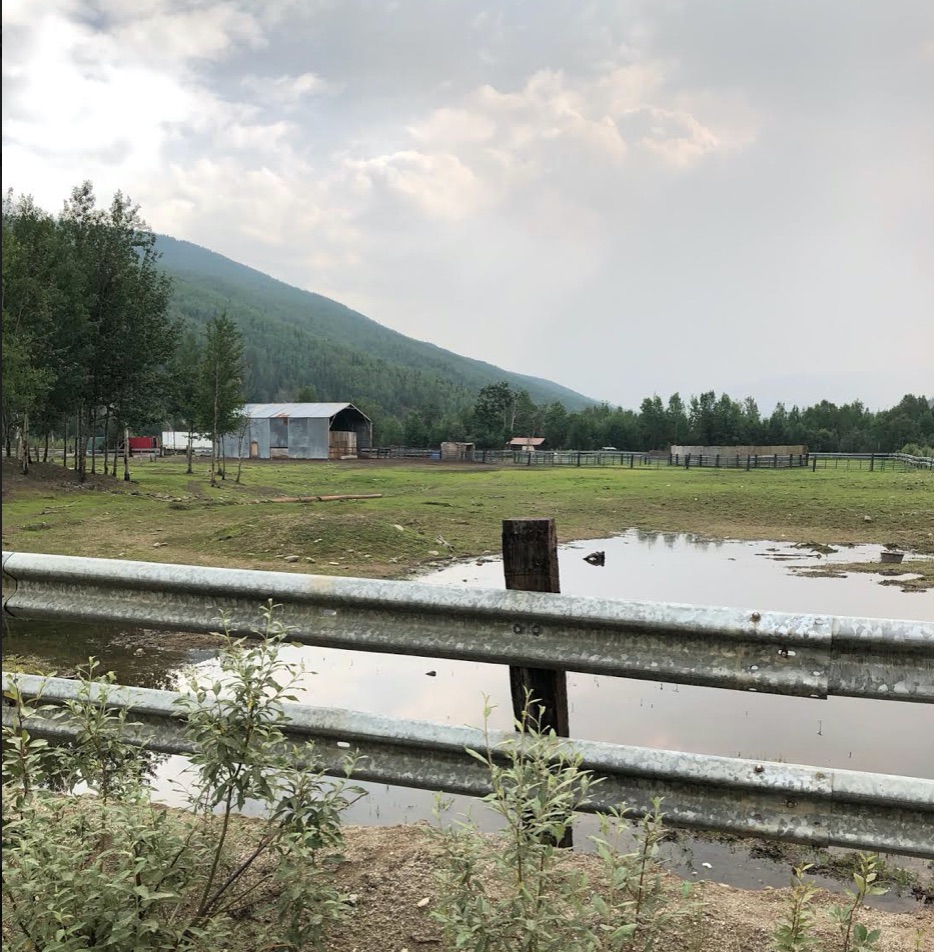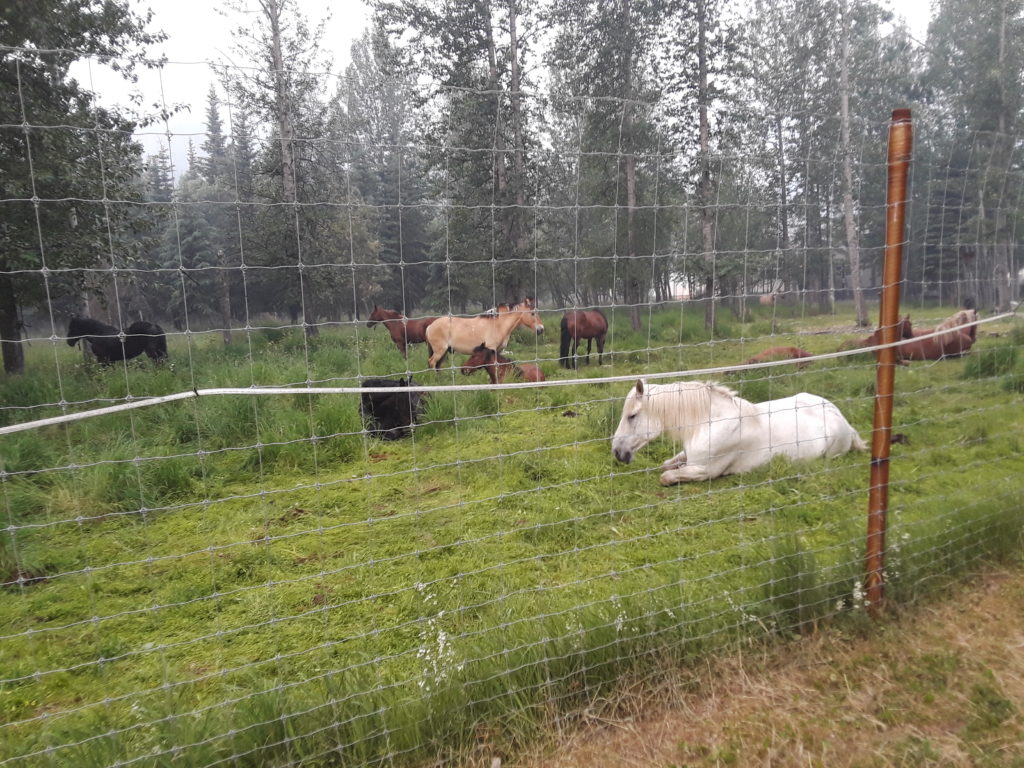By ALEXANDER DOLITSKY
Ethnic minorities, religious refugees, and other groups segregated by a dominant society have developed and implemented strategies and tactics to protect their national identity, religious practices, ancient traditions, and community cohesiveness.
In most cases, the tactics and strategies of these unique orthodox groups, created to secure cultural continuity and “living memory” among their members, have historic roots and have resulted from rational conservative choices of their members, boundary maintenance of their communities, and migration.
Russian Old Believers in America have developed ways of dealing with people of superior wealth, power, and prestige, whether these people are officials, wealthy landlords, merchants, or simply educated people who know the world outside of the Old Believer universe and are able to operate effectively in it.
Some progressive (i.e., liberal-minded or less conservative) Old Believers seek ties with such people in order to gain increased economic security, to have political protection, and to have an influential person on whom they can rely for guidance in dealing with people and institutions in the wider society.
Russian Old Believers in Alaska are not quite politically and economically self-sufficient. To some degree, they depend on a wide network of people and institutions with whom they interact and from whom they purchase the goods and services that they themselves do not produce. Old Believers live in a social world in which they are economically and politically disadvantaged. They have neither sufficient capital nor power to make an impression on the urban society.
They have no illusions about their position and use all available devices to protect their rights and socio-economic boundaries.
Religiously–oriented Amish farmers in North America, for example, have remained mostly unmechanized and virtually self–sufficient for the past 260 years, while in rural America, in general, there has been a tendency to accept and use technological changes and inventions.
The Dukhobors, members of a religious sect derived from Russian Orthodoxy in the 18th century, currently live in rural areas of Western Canada. In defending their values of religious communism, their members exercise pacifist strategies among their adherents and condemn those who violate them. The Dukhobors’ pacifist tactics have helped to preserve them as a distinctive group and have delayed assimilation as long as the powerful trends toward social uniformity (which are deeper and less visible than those towards political uniformity) will allow.
The Dukhobors emphasize the supreme authority of inner experience and believe in the embodiment of the Spirit in different persons whom it follows as prophets and leaders, and that rejects all external ecclesiastical and civil authority to do military service or pay taxes. The Dukhobors have no church organization and hence no form of internal census. They neglect the Bible in favor of their own body of orally transmitted doctrine.
Hutterite religious practices began in Switzerland in 1528 and expended to form the contemporary Hutterite society in North America. They were close to extermination several times. In 1770, a remnant of the sect found refuge and a promise of religious toleration in southern Russia. The Hutterites left Russia to America a little more than a century later to escape enforced Russification and military service.
Within the Hutterites, a Mennonite sect that originated in the 16th century in Europe, when social changes among their youth and a desire to assimilate with a dominant culture are detected, the elders tend to accept cultural innovations before the pressure for them becomes so great as to threaten the basic cohesiveness of the social system. They rewrite the rules of the society in accordance with new demands from members of their community. Rules tend to be written down only when this common consensus starts to break down.
Almost 2,000 years ago, many Jews were forced to leave their homeland in Palestine. This diaspora sent Jews to different parts of the world. Wherever Jews settled, they maintained their identity as a people by living in close-knit and cohesive communities and obeying their religious laws and traditions. These traditions set Jews apart from outsiders; yet, these traditions also helped them survive centuries of persecution and antisemitism.
Historically, East European Jews lived in small cohesive villages in Russia, Belorussia, Poland, Ukraine, and other regions of Europe during the tsarist regime or prior to the October 1917 Socialist Revolution in Russia.
The film Fiddler on the Roof quite accurately depicts the life of Jewish families in those villages—isolated from urban centers, protective of their village boundaries and national traditions, obeying elders’ and rabbis’ advice for religious and secular matters, and following orthodox rules and traditions of Judaism. For centuries, their faith helped them survive as a nation, despite continuous hostility from their non-Jewish neighbors and oppressive governments. Today, modern Jewish families, mostly in Western urban societies, assimilate with dominant cultures at will, with the exception of certain Orthodox Jewish groups in a variety of locations.
The process of assimilation in which an individual has changed so much as to become dissociated from the value system of his/her group, or in which the entire group disappears as an autonomously functioning social system is evident in today’s many ethnic minority, religious refugee, and immigrant groups in the United States, including Alaska, and, presumably, in other free democratic societies around the world.
Indeed, in my opinion, religious freedom and conservative moral values are the guards for preservation of the core cultural values and traditional norms of behavior in America today.
Alexander B. Dolitsky was born and raised in Kiev in the former Soviet Union. He received an M.A. in history from Kiev Pedagogical Institute, Ukraine, in 1977; an M.A. in anthropology and archaeology from Brown University in 1983; and was enroled in the Ph.D. program in Anthropology at Bryn Mawr College from 1983 to 1985, where he was also a lecturer in the Russian Center. In the U.S.S.R., he was a social studies teacher for three years, and an archaeologist for five years for the Ukranian Academy of Sciences. In 1978, he settled in the United States. Dolitsky visited Alaska for the first time in 1981, while conducting field research for graduate school at Brown. He lived first in Sitka in 1985 and then settled in Juneau in 1986. From 1985 to 1987, he was a U.S. Forest Service archaeologist and social scientist. He was an Adjunct Assistant Professor of Russian Studies at the University of Alaska Southeast from 1985 to 1999; Social Studies Instructor at the Alyeska Central School, Alaska Department of Education from 1988 to 2006; and has been the Director of the Alaska-Siberia Research Center (see www.aksrc.homestead.com) from 1990 to present. He has conducted about 30 field studies in various areas of the former Soviet Union (including Siberia), Central Asia, South America, Eastern Europe and the United States (including Alaska). Dolitsky has been a lecturer on the World Discoverer, Spirit of Oceanus, andClipper Odyssey vessels in the Arctic and sub-Arctic regions. He was the Project Manager for the WWII Alaska-Siberia Lend Lease Memorial, which was erected in Fairbanks in 2006. He has published extensively in the fields of anthropology, history, archaeology, and ethnography. His more recent publications include Fairy Tales and Myths of the Bering Strait Chukchi, Ancient Tales of Kamchatka; Tales and Legends of the Yupik Eskimos of Siberia; Old Russia in Modern America: Russian Old Believers in Alaska; Allies in Wartime: The Alaska-Siberia Airway During WWII; Spirit of the Siberian Tiger: Folktales of the Russian Far East; Living Wisdom of the Far North: Tales and Legends from Chukotka and Alaska; Pipeline to Russia; The Alaska-Siberia Air Route in WWII; and Old Russia in Modern America: Living Traditions of the Russian Old Believers; Ancient Tales of Chukotka, and Ancient Tales of Kamchatka.
Read: Old believers preserving faith in the New World
Read: Duke Ellington and the effects of Cold War in Soviet Union on intellectual curiosity

